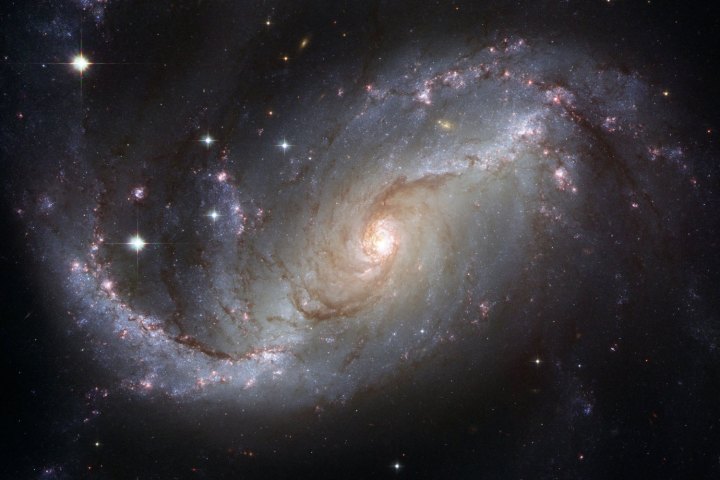
Modeled after the nuclear hotlines of the Cold War era, this space hotline would serve as what the Financial Times calls a “diplomatic safety valve.” The hope is that the exchange of important technical information will reduce the likelihood of having misunderstandings or other mishaps. And at the very least, the hotline will provide an outlet by which quick resolutions can be reached and effectively communicated.
As China continues to build up its space capabilities, the U.S. is growing ever more wary of the potential threat posed by the Asian superpower. “China is developing a full spectrum of anti-satellite capabilities,” Frank Rose, US assistant secretary of state, told the Financial Times. “They have done numerous tests,” Rose continued, “They view space as an asymmetric vulnerability of the United States. And if they can deny the United States, and its allies, access to space systems, they can gain military advantage here on earth. That’s fundamentally what this is about.”
The hotline certainly raises other interesting issues that have yet to be addressed during the still nascent stages of space travel and perhaps even colonization. While the great beyond currently remains outside of any one country’s jurisdiction, some diplomatic understandings may soon need to be implemented.
“This is a problem we have to address, not just for military reasons,” said Patricia Lewis, research director at Chatham House, an international affairs think-tank in London. “Our societies are becoming more and more dependent on space. A conflict or accidental loss of some of these satellite constellations could be game over for us. They are critical to everything from cars and air traffic control to shipping and things you might not even realize — like gas pipelines or farming.”
This is the real hotline bling, guys.


